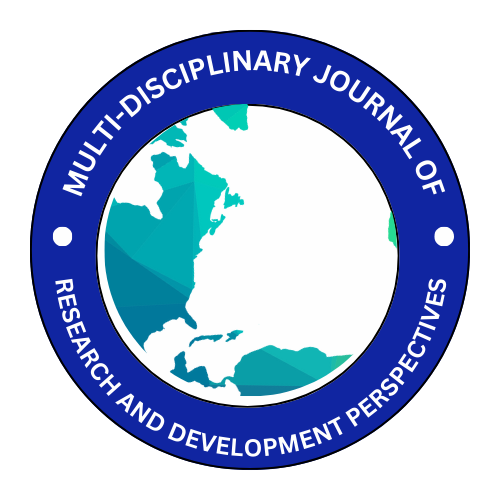The challenges of neoliberal strategies in the management of tropical rainforests in Cross River State, Nigeria
Author(s): Akintoye Oluyemi Ayorinde; Ubong Edet Harrison; Asuquo Edung Etim; Onuoha Edwin; Akintoye Taiwo Adesola
Institute(s): 1,4 Department of Environmental Management, University of Calabar; 2 Nigeria Erosion and Watershed Management Project, Uyo Akwa Ibom State; 3 Department of Environmental Education, University of Calabar, Nigeria; 5 Department of Special Education, University of Calabar, Nigeria
Volume 13 / Issue 2
Abstract
Neoliberalism is an economic philosophy that favors free markets, reduced government control, privatization, and policies that support private sector growth and globalization. The adoption of REDD+, in contrast to the highly publicized but conflicting, government-championed strict forest management strategies, has continued for decades in Cross River State. However, the management of tropical rainforests in Cross River State, Nigeria, has increasingly been shaped by neoliberal policies prioritizing market-driven solutions such as ecotourism and carbon trading. While these approaches promise economic growth and environmental conservation, they have faced significant challenges in practice. This article explores the limitations of neoliberal forest management in the region, focusing on issues such as the exclusion of local communities, the degradation of ecosystems, and weak governance structures. Despite the intentions of neoliberal strategies, these policies have often overlooked local knowledge and failed to address the root causes of deforestation, such as illegal logging and unsustainable land use. The article argues for a more inclusive, community-centered approach to forest management that recognizes Indigenous rights, incorporates traditional ecological knowledge, and strengthens regulatory frameworks to ensure the long-term sustainability of Cross River State’s tropical rainforests.
Number of Pages: 11
Number of Words: N/A
First Page: 309
Last Page: 319
